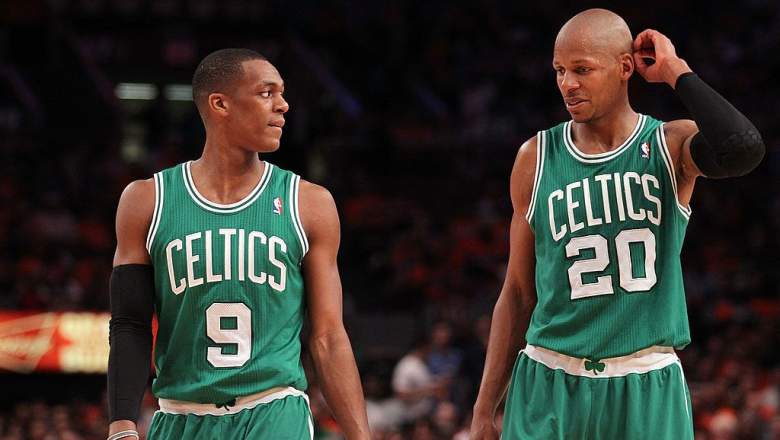
It’s no secret that the relationship between 2008 Boston Celtics champions Ray Allen and Rajon Rondo grew sour throughout the course of their five-year run together in Boston.
Speculation arose in the latter years, especially 2011-2012, while the Celtics were attempting to squeeze one final championship run. In Michael Holley’s newest book, “The Big Three: Paul Pierce, Kevin Garnett, Ray Allen and the Rebirth of the Boston Celtics,” Michael documents the night the two members of Boston’s All-Star backcourt got into each other’s faces.
Allen was so close to heading to the Memphis Grizzlies that the Celtics informed the Hall of Fame shooter he was on the move before a deal involving Grizzlies forward O.J. Mayo was suddenly off the table; the Celtics changed their mind.
However, the collapsed deal had a lasting effect on Allen.
“The main thing moving forward was time. The guys, particularly Rondo and Allen, were not great,” Holley wrote in his newest book. “And the big deal, for Allen, was the collapsed deal. Plus, there was his awful relationship with Rondo. It reached its breaking point, surprisingly, after a win in Indianapolis the first week of April.”
That night, in the visitors’ locker room, one altercation between two other Celtics teammates, including another member of the “Big 3,” triggered everything.
“There was an argument between Brandon Bass and Paul Pierce in the locker room and it rose to the point where teammates thought the two men were going to come to blows,” Holley wrote. “It never came to that; Bass and Pierce squashed it, and everything was temporarily calm.”
Holley: ‘Rondo Said He Was Going To Get Allen Out Of Boston’
According to Holley, Rondo, shortly after the brief spat between Pierce and Bass, used this moment to pick a fight with Ray.
“Rondo began verbally attacking Allen. It was nasty. It was personal,” Holley wrote. “They’d both been holding in thoughts about one another, and they all came tumbling out. Rondo said Allen was jealous of him; Allen said Rondo was ‘bullsh—ing everyone on the team’ by not playing his hardest consistently and by playing for assist numbers rather than what was best for the team. Rondo said he was going to get Allen out of Boston; Allen said he’d leave before ever letting Rondo do it for him.
“They went back and forth, and some players and staff winced at what was said because they knew, no matter what apologies happened, those words couldn’t be taken back.”
For many, the verbal jabbing between Allen and Rondo pushed their friendship, whatever was left of it, to a place of no return.
“And that was another reality: Everyone knew there wasn’t going to be an apology. Of the two, Allen was wired to be politic,” Holley added. “There was just no way Rondo was going there. This relationship was dead.”
2012-14: Ray Allen Joins The Miami Heat
Roughly three months later, Allen inked a new deal with the Miami Heat – a move that quickly labeled Ray the Celtics’ greatest traitor. In contrast to what Celtics president of basketball operations Danny Ainge was offering; Ray took a significant pay cut to join LeBron James, Dwyane Wade, Chris Bosh, and the Miami Heat.
Allen was not only a key catalyst for a Heat championship in his first season in Miami, his game-tying 3-pointer in Game 6 of the 2013 NBA Finals against the San Antonio Spurs, is revered as one of the greatest made threes in NBA playoff history. His following season turned out to be his last.
Allen put a bow on his 18-year NBA career, and then he was off to Springfield, MA where he was enshrined into the Naismith Memorial Basketball Hall of Fame in 2018.
READ NEXT: Doc Rivers Once Fumed Over Celtics’ Trip To Magic City Strip Club
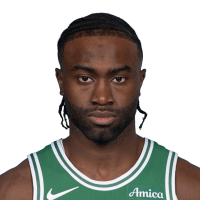
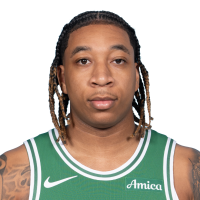


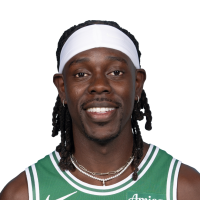
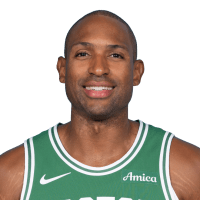
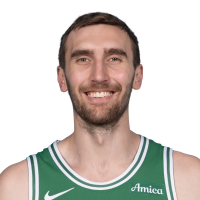

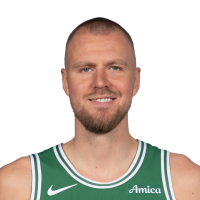

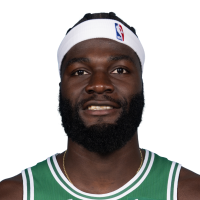
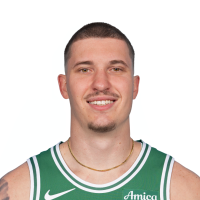


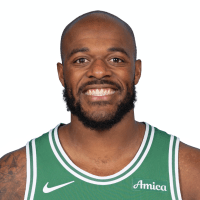
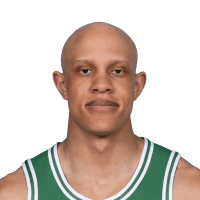

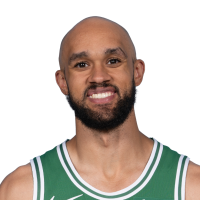
Comments
New Details Of Ray Allen, Celtics Altercation Emerge